Commercial property owners and facilities managers must approach the roofing system with a clear understanding of the facts. Several misconceptions surrounding it continue to persist to this day, and these half-truths and false notions have the potential to drive decisions that could cost owners in the long run, either through untimely repairs or a premature replacement.
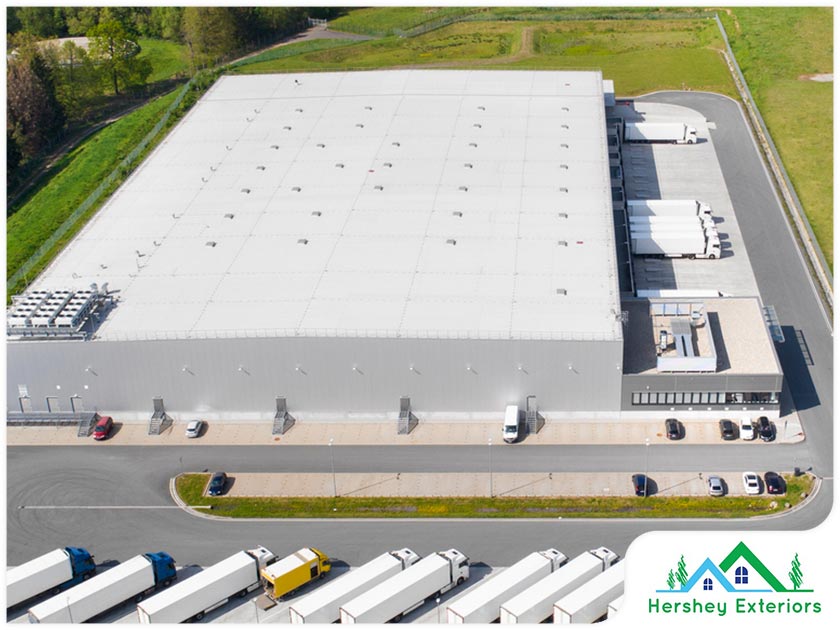
Today, we debunk some of the most common commercial roofing myths.
Myth #1: A New Roof Doesn’t Need Maintenance
This is not true at all. A commercial roofing system is exposed to wear and tear from the time it was installed. Over its lifetime, it will endure different elements, from wind-carried debris and hailstorms to foot traffic and sunlight. Eventually, problems may start to form, worsen and leave your property open to further damage.
Even if your commercial roof is about a year old and appears to be in good condition, you shouldn’t disregard maintenance. Scheduling one with a reliable contractor in your area allows you to get into the habit of protecting your investment. Enlisting the help of professionals is also more sensible than having your staff do the work. They have the keen eye to identify potential problems that might grow worse if not addressed. They also make sure all of the roof’s components, including the drains, downspouts, flashings, vents and membrane material, remain intact to allow for a sturdier and better-performing roofing system.
Myth #2: Repairing Roof Damage Helps Save Money
Thinking long-term when it comes to your commercial roofing system beats the shortsighted approach, which is about responding to an already recurring problem, albeit too late. Leaks, for instance, are a sign of damage that must be dealt with accordingly regardless of how frustrating they are to address. Ignoring them may cause water damage to the other parts of the property, including the insulation and the exterior walls. Turning this fixable issue into something worse can result in costly repairs. This is the essence of a reactive approach to roof maintenance.
Adopting a proactive stance to keeping your roof in good condition, meanwhile, allows you to save money in the long term. Seasoned roofing contractors always recommend regular inspections and maintenance because it can help head off potential issues before they become costly problems. This kind of forward-thinking mindset prevents unnecessary damage to your investment by taking remedial action promptly. Taking advantage of a preventive maintenance program can help you achieve this.
Myth #3: All Commercial Roofs Are the Same
This is far from the truth. Commercial roofs are built according to the requirements of a certain building. In other words, the roof of a hotel, apartment or office complex is different from that of a warehouse or industrial facility.
Commercial roofs are flat or low-sloped systems that utilize various materials, each with its own sets of features and benefits. Here’s a look at some of the most common:
- Built-Up Roofing (BUR)
This type of commercial roofing system consists of multiple layers of bitumen and other specialized materials like aggregate. The resulting product provides excellent uplift resistance, top-notch tensile strength and stellar long-term weather performance. - Modified Bitumen
It is a variation of the built-up roofing system. It consists of asphalt combined with polymerized rubber or plastic and then is reinforced with fiberglass to create a rugged yet flexible waterproof membrane. It is resistant to tears, punctures and foot traffic, and can perform well in various temperatures and weather conditions. - Ethylene Propylene Diene Terpolymer (EPDM)
It is a type of single-ply roofing membrane that consists of a synthetic rubber compound. Known for its durability and longevity, studies have shown that its physical characteristics can remain unchanged within the first 30 years of its lifespan. - Thermoplastic Polyolefin (TPO)
This type of single-ply roofing membrane is made up of a single layer of synthetics and reinforcing scrim that can be used to cover low-sloped substrates. Apart from being flexible and durable, it also provides heat-reflective properties, which means they can improve the energy efficiency of a commercial property. - Polyvinyl Chloride (PVC)
Like TPO and EPDM, PVC roofing systems are known for their strength and durability. They are fire resistant and have high chemical resistance and incredible mechanical stability. - Metal - Metal roofing systems are a great choice for commercial property owners and homeowners alike. Versatile, durable and energy-efficient, this roofing option is as tough as it comes, especially when compared to asphalt-layered roofs and single-ply membranes.
Myth #4: All Commercial Roofs Help Lower Energy Bills
During a hot sunny day, the surface of a commercial roof can reach temperatures of more than 100 degrees. The figure can go way higher, especially when taking the size of the roof area and the ambient outdoor temperatures into account. Unfortunately, this can contribute to increased cooling energy use and higher utility bills, reduced indoor comfort, accelerated wear and tear of roofing materials and higher electricity demand.
Investing in a cool roof can help you achieve significant savings while minimizing cooling loads and ensuring consistent indoor comfort. It is designed to better reflect the sun's ultraviolet (UV) and infrared wavelengths and dissipate heat that it absorbs. These roofs have surfaces that come in white or light-colored shades, but recent innovations have made it possible for those with darker, richer hues to have high solar reflectivity.
However, it is worth noting the falsehood in the notion that all commercial roofs help lower energy bills. Solar reflectivity, in fact, isn’t a standard feature on all roofing systems. If you intend to benefit from the numerous advantages that energy-efficient roofs offer, you should consider looking for products that are ENERGY STAR®-certified.
Hershey Exteriors, Inc has built a reputation for providing quality commercial roofing products and services in the local area. We install TPO and EPDM roofing membranes, along with traditional roofing materials, such as asphalt shingles, metal and cedar. We also offer inspections and maintenance services to ensure your investment's long-term weather performance and durability. When you schedule a routine check on your commercial roof today, expect our team to uncover issues that could prematurely age your roof and recommend the necessary fixes.
Count on us when it comes to storm damage repair, window and gutter replacement and residential roofing as well. Call (302) 569-9039, or fill out our contact form to request a free estimate.
Tags
Subscribe to Hershey Exteriors's Blog


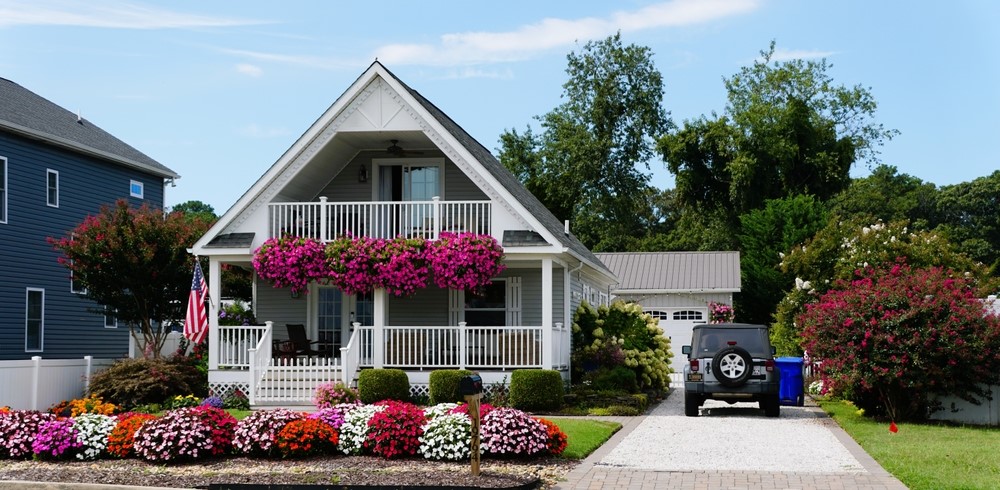
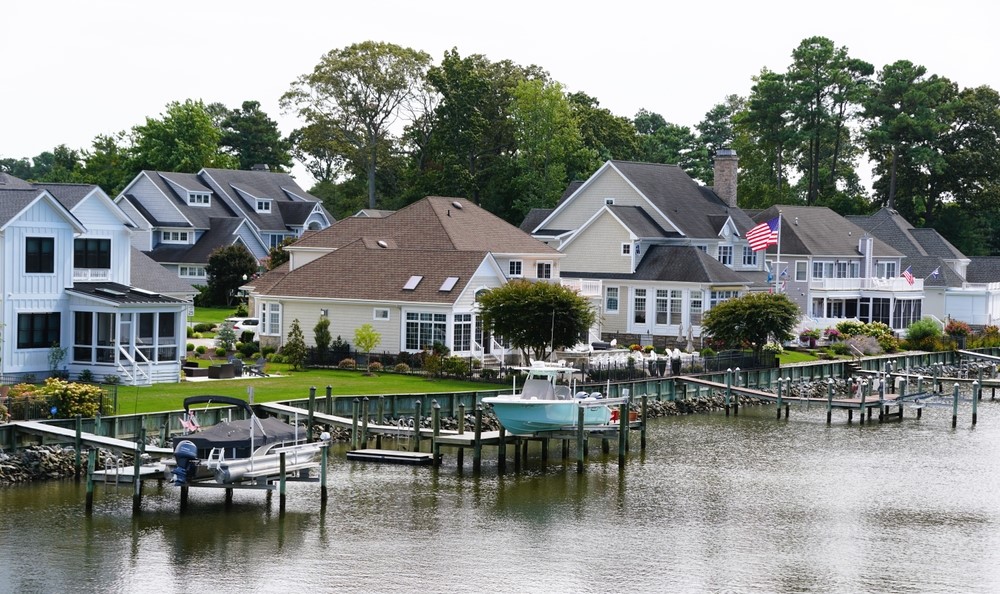
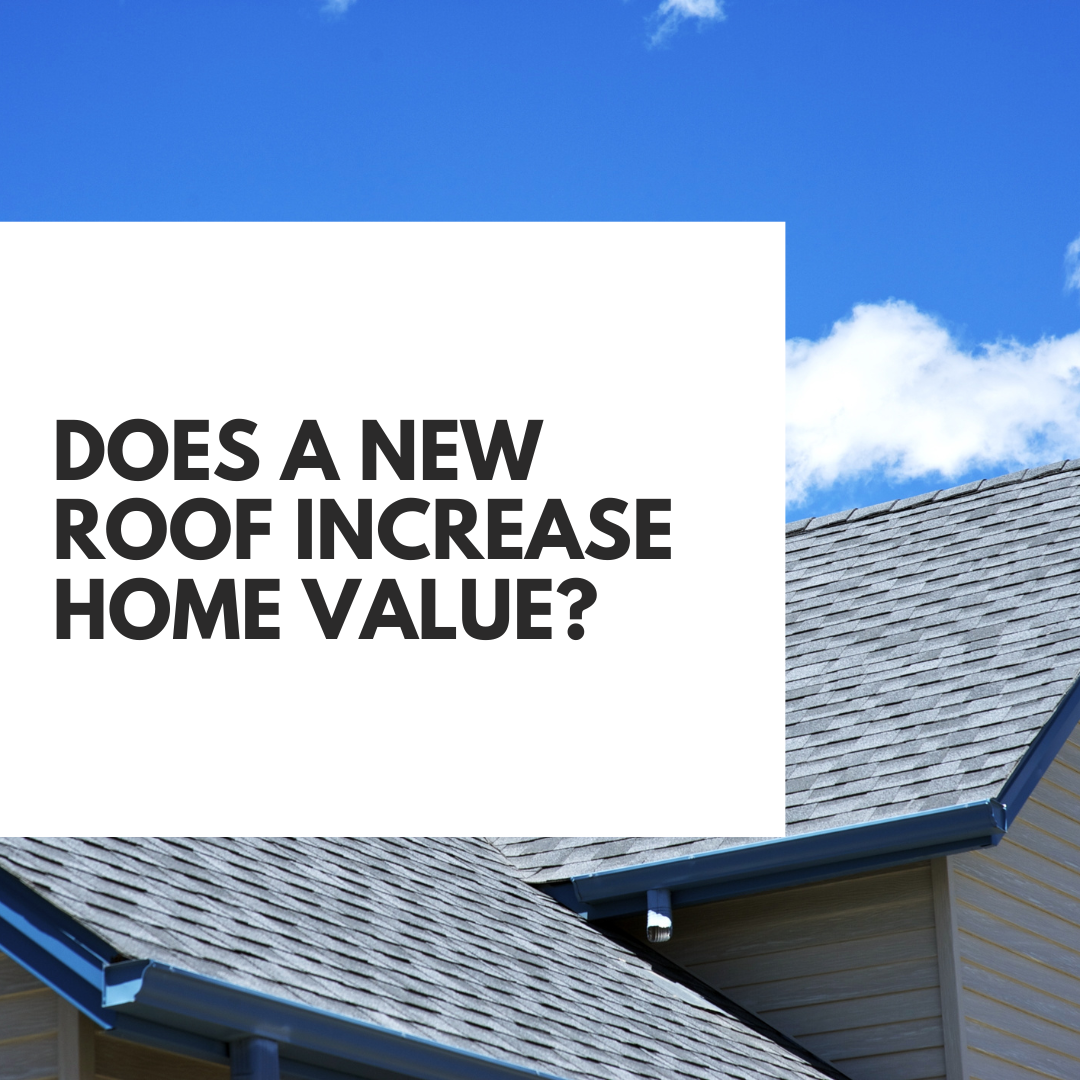
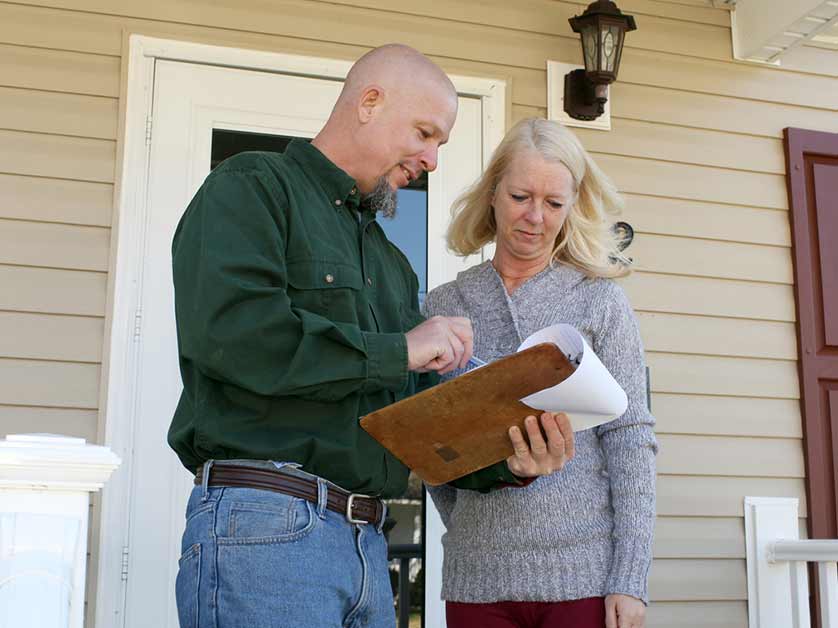
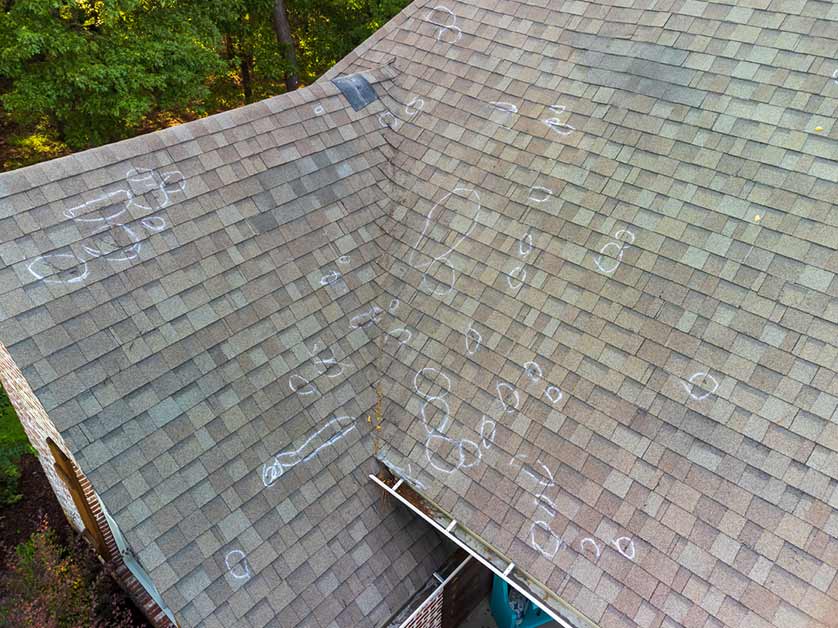

Comments